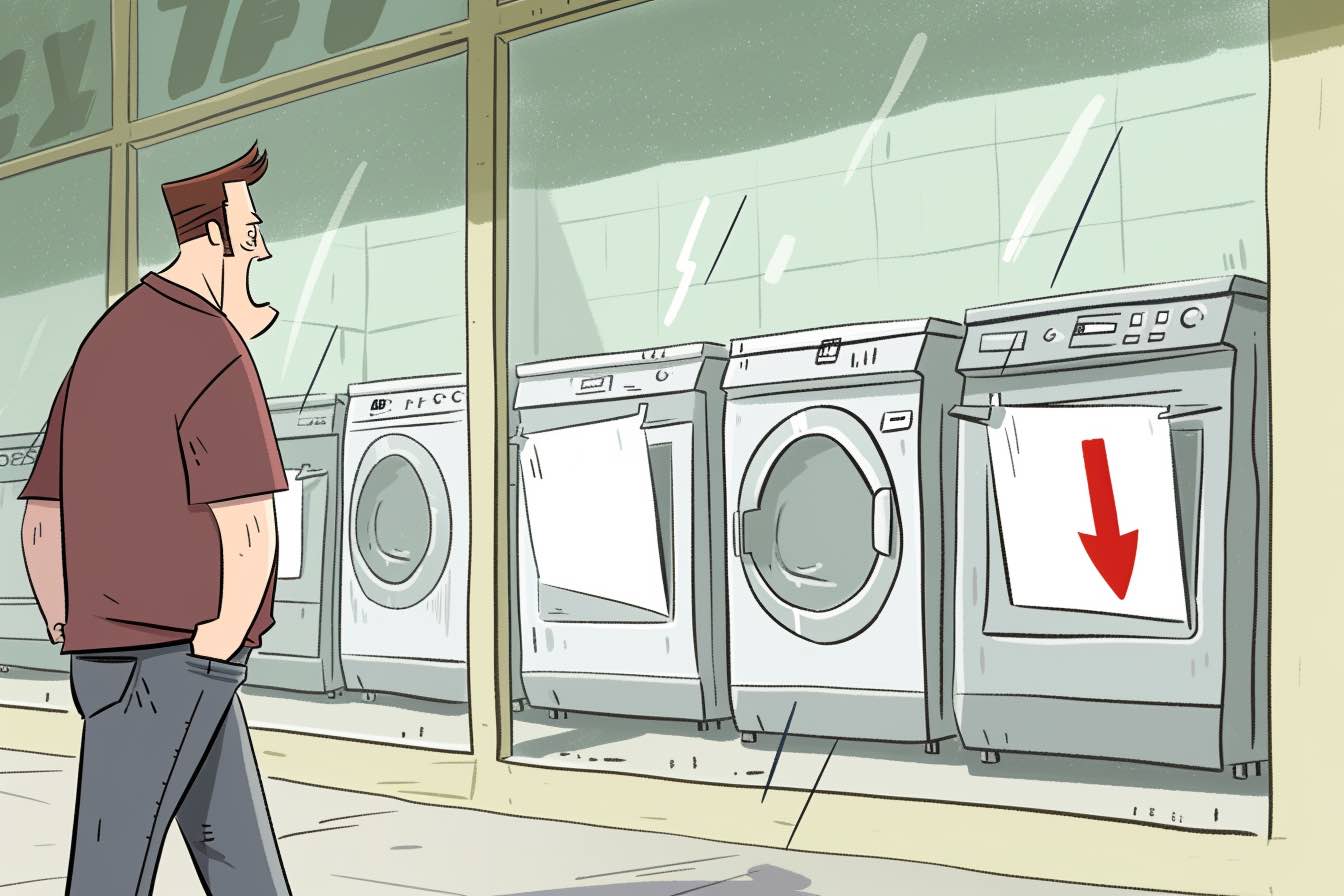When Kim DeBiase ends her lease for a Hyundai Sonata, the dealership demands a $400 payment for a disposition fee. And that puts her in a bad disposition. Does she really have to fork over the money?
Question
I leased a Hyundai Sonata in 2011 from Hyundai of White Plains, NY. The day after my visit, the salesman who leased me the car quit and other people had to scramble to complete my lease. I returned the car at the end of the lease and decided not to lease another Hyundai.
In August, I received a bill for a $400 disposition fee plus $29 tax. I estimate that I paid $13,000 in fees for this car. The new car cost approximately $25,000, and the resale value was about $18,000.
In other words, Hyundai of White Plains is making about plenty of money on this car. And now they want to charge me another $400?
I received a generic response from Hyundai and a copy of the original lease. I see the $400 charge stuck in the middle of the first line of charges, which includes four total charges.
The last amount on that first line is the “total of payments – the amount you will have paid by the end of the lease. I note this amount of $13,677 does not include the $400 disposition fee, which is listed right next to it. The total includes all the other figures on that line, but not the disposition fee.
A little deceptive, don’t you think?
I didn’t even initial the fee to confirm I had accepted it. The “disposition fee” as referred to on the back page says absolutely nothing I can understand.
I’ve done some research online and see that this is a common complaint of Hyundai owners. The company wants us to pay $400 plus tax to cover the cost of reselling my lease.
Can you help? — Kim DeBiase, Thornwood, NY
Answer
A disposition fee, also known as a turn-in fee, is found money for a dealership. It supposedly covers the cost of transferring the lease, but that should be the cost of doing business for the company.
If you lease another Hyundai or are, in the company’s words, “a loyal customer,” then you may be eligible for a waiver. Just lease another Hyundai within 60 days, and it will zero out the fee.
You agreed to this fee when you signed your lease, no question about it.
But did you know you were agreeing to it? You say you didn’t and I believe you. It looks as if someone slid that fee into your lease agreement, hoping you wouldn’t notice. You weren’t asked to initial the fee, it wasn’t part of the total, and the disposition fee wasn’t explained to you.
The disposition fee explained
The disposition fee fits the classic definition of a junk fee. It serves no purpose other than to enrich the company.
Still, you have to read your paperwork carefully before you lease a car. These hidden fees are becoming more common. Just read the online complaints about Hyundai’s disposition fee, and you’ll know what I mean. My point is, you should have read the contract thoroughly before you leased the car, not after you returned it.
The time to argue with your dealership about a junk fee is before signing, not afterward. Once you’ve agreed to Hyundai’s contract, you have to live with the terms. (Related: I just want the dealership to fix my car!)
So why would I get involved? Well, I think the form response you received was inadequate. It didn’t sufficiently explain the fee or why it wasn’t included in your total. I think you deserved a better answer, and I hoped that by getting involved, you would at least get some clarification.
The good news
I contacted Hyundai on your behalf (I list its company contacts on our site). You received a call back from a company representative, who said the disposition fee is standard, and that “all companies hide the fee” in their contracts. He also explained why it was there, and that the disposition fee is mentioned three times in the paperwork.
As a gesture of goodwill, Hyundai offered to refund $100 of the disposition fee. That’s a fee to which you should have never agreed in the first place, but that you’re now contractually obligated to pay. Their resolution surprised me. I expected nothing more than an explanation.




